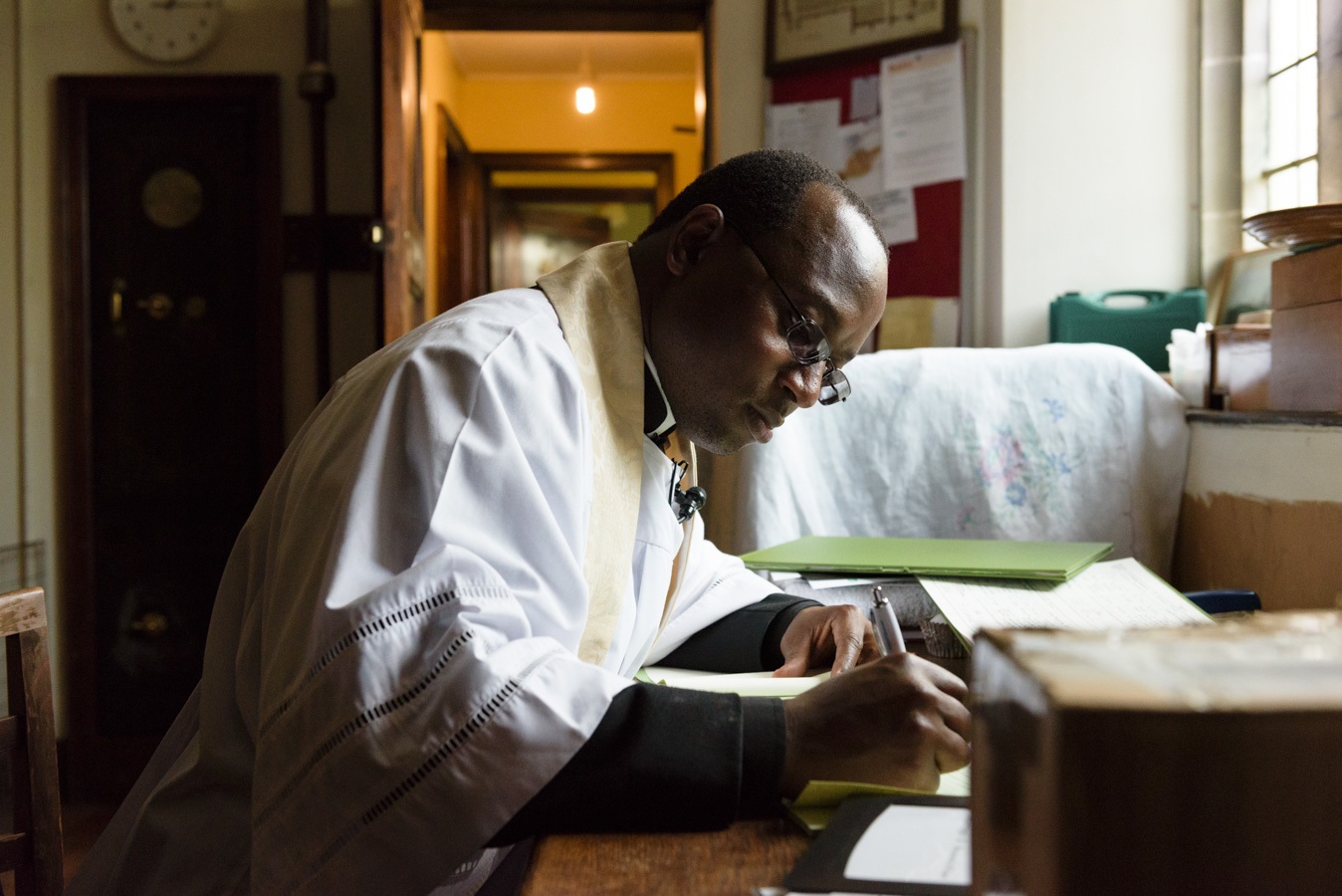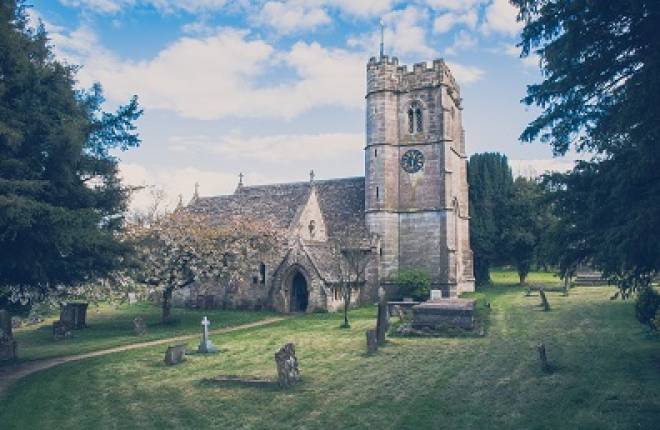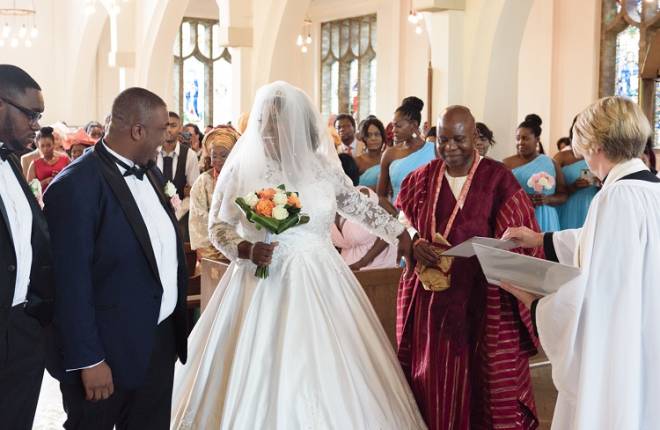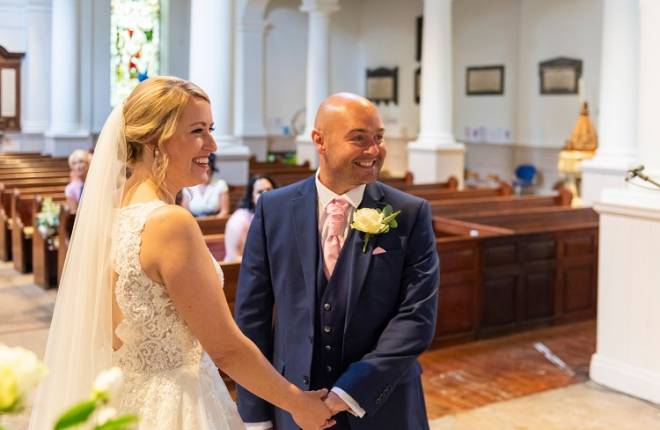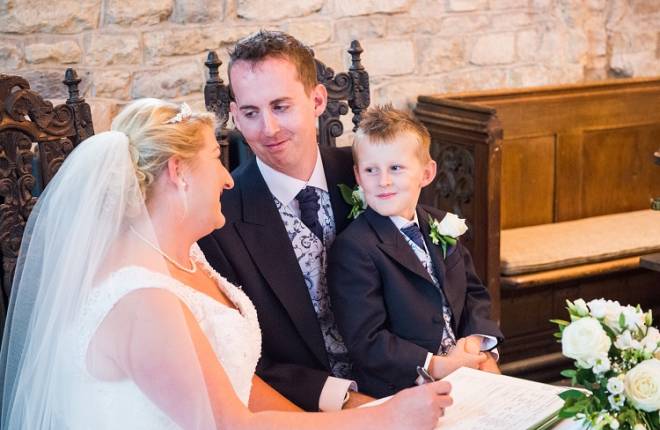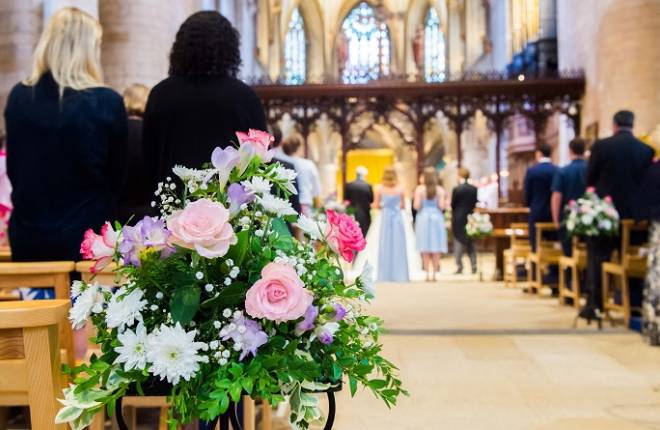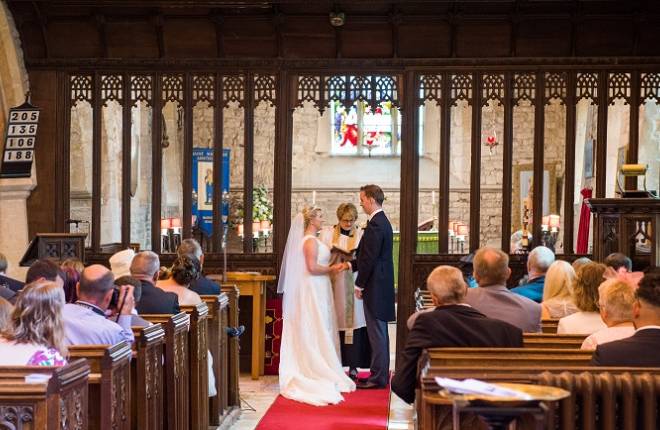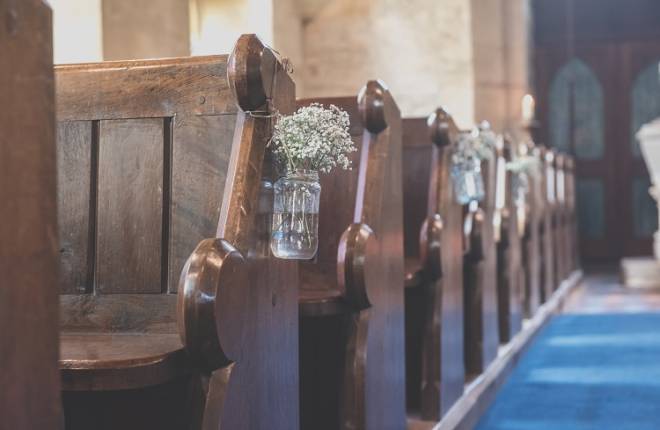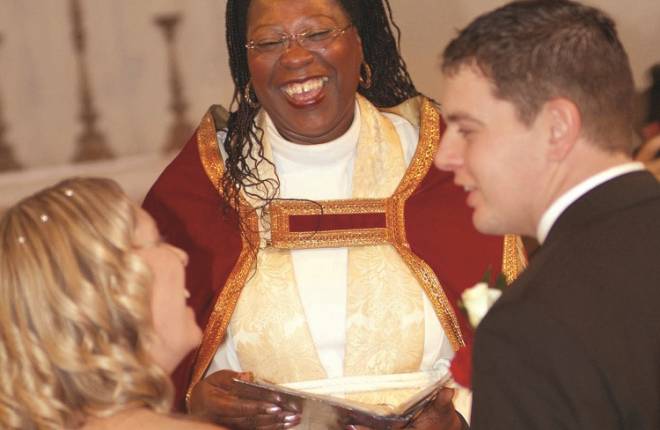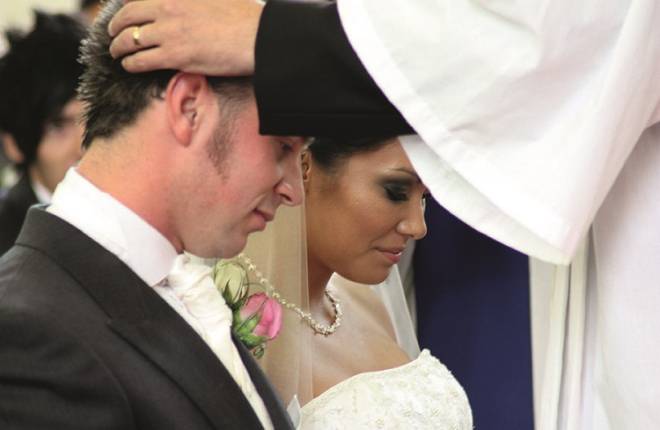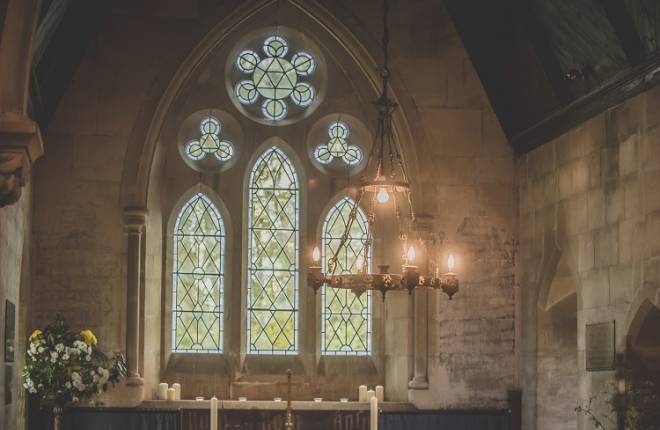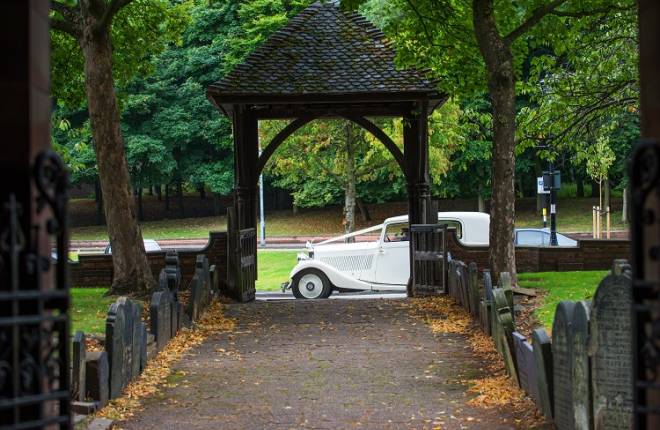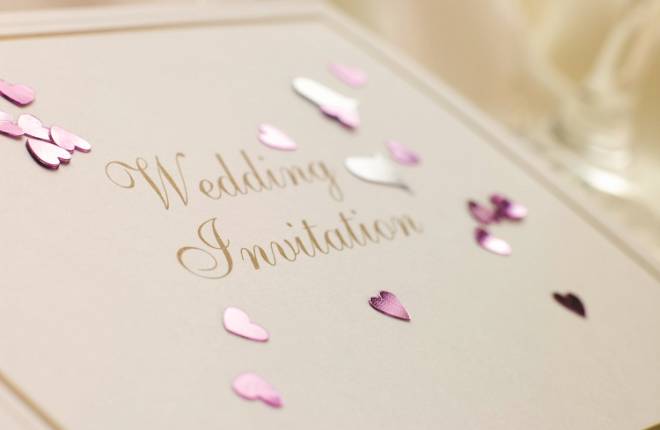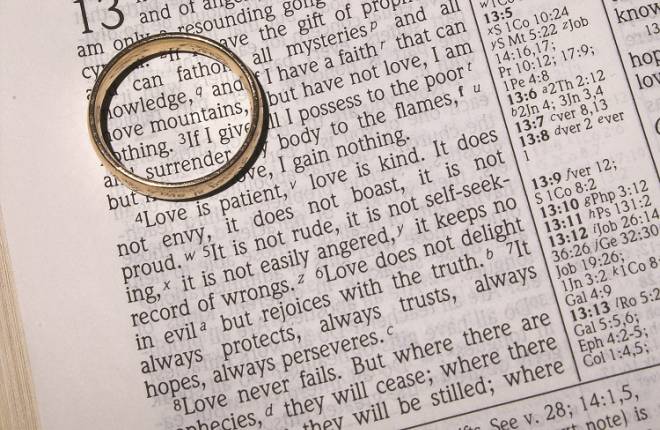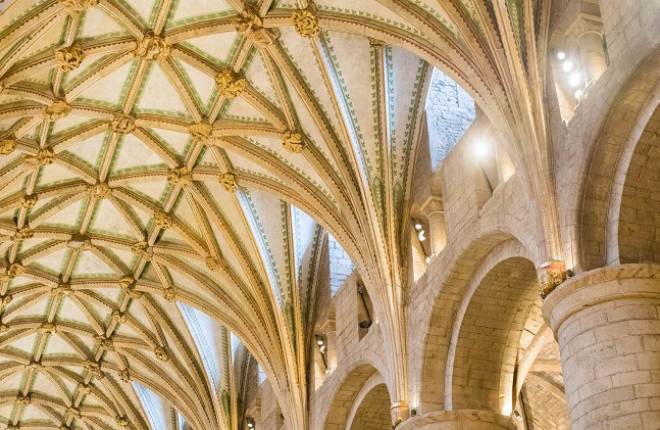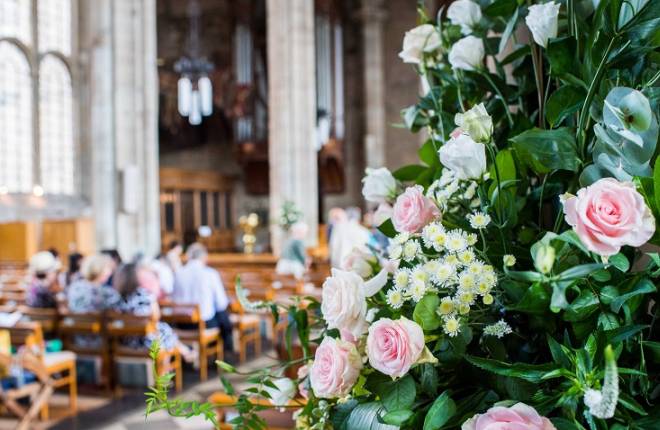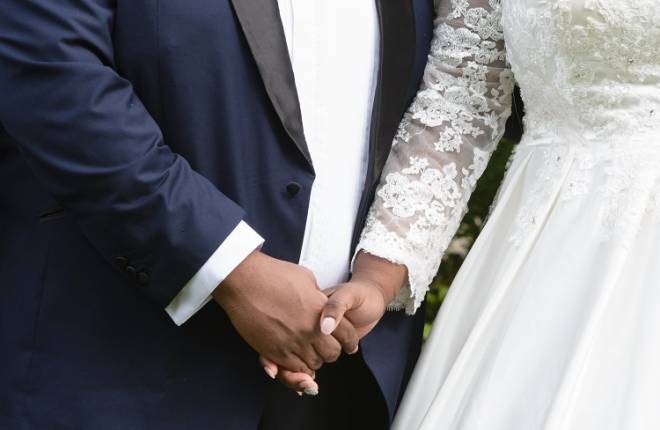In marriage you take on a whole new legal status. The vicar knows how to advise and prepare you for your wedding day and everything must comply with all relevant UK and Church of England laws. These are the main legal points to consider before you begin planning:
You must be old enough
The legal age of marriage in England and Wales has been raised to 18 under the The Marriage and Civil Partnership (Minimum Age) Act 2022. This means that 16 and 17 year olds are no longer allowed to marry or enter a civil partnership, even if they have parental consent.
Same-sex marriage legislation
It is not legally possible for same-sex couples to marry in the Church of England.
Marrying away from where you live
It’s possible to get married in a church that’s away from where you live if you have a certain kind of connection with it. You may be legally connected to a number of churches in different ways. Read more about marrying away from where you live.
Time of wedding
The wedding must take place between 8am and 6pm on any day.
Guidelines for divorcees
There are special guidelines on marriage in the church if you are divorced. There may well be a way forward, but you will need to talk your Vicar about your situation to explore the possibilities for you. Read more about marriage after divorce.
Reading of Banns
Most Church of England marriages will require banns to be published before the wedding can take place. You won’t need to arrange banns until about four months before your wedding date. Read more about what’s special and important about banns.
If there is not enough notice given for the banns to be read before the marriage is due to take place, or in the case of the marriage of people who are not nationals of a country within the European Economic Area, or if one or both of you does not live in England or Wales, it is recommended that the Licence procedure be used rather than banns.
Licences
There are some circumstances in which you may need a Special Licence, Common Licence or a Marriage Schedule from the register office to marry in church. Your vicar will let you know if these apply to you.
Documents you’ll need
- All couples will need to show the vicar their passport as proof of nationality. If you don’t have a passport, there are other documents which would be acceptable, so ask your vicar about this.
- If either or both of you are divorced, you will need to bring your decree absolute for the vicar to see.
- You may also be asked to provide evidence of your connection to the church, such as utility bills which show you live or have lived in the parish, or your parents’ marriage certificate if they were married there, for example. Your vicar will guide you on acceptable documents for your particular connection.

